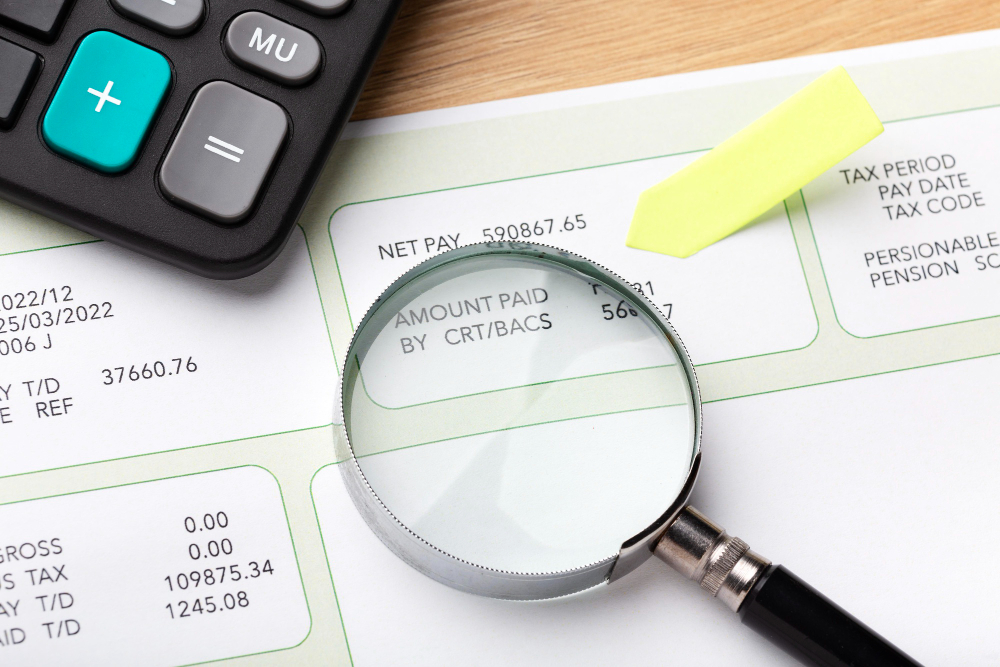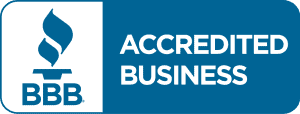Is the thought of tax season filling you with dread? If so, you’re not alone. Many business owners feel the stress build as April approaches, scrambling to gather receipts, organize records, and make sense of complex tax forms.
The problem isn’t just the pressure—it’s that waiting until the last minute often means missed opportunities.
Treating taxes as a one-time task instead of a year-round strategy results in businesses losing out on potential revenue.
Here’s the good news: with proactive tax planning, you can legally reduce your tax burden, improve cash flow, and keep more money in your business.
This guide will break down essential strategies every business owner can use to turn tax season from panic into profit.
Why Tax Planning is a Year-Round Activity
First, let’s clear up a common misunderstanding. Tax preparation is what most people think of—filling out forms, submitting them to the IRS, and hoping for the best. Tax planning, on the other hand, is about making intentional, strategic financial decisions throughout the year to minimize your liability.
Think of it like this: Tax preparation is about looking backward; planning is about looking forward.
The benefits of tax planning are clear:
- You avoid the last-minute scramble.
- You make smart, timely decisions with plenty of options.
- You maximize deductions, credits, and benefits before it’s too late.
By making tax planning a year-round activity, you stop reacting and start taking control.
Key Tax Planning Strategies for Your Business
Now let’s dig into the strategies that can make the most significant difference for your bottom line.
Strategy #1: Choose the Right Business Structure
Your business structure determines how much tax you pay. Sole proprietors, LLCs, S-Corps, and C-Corps all have unique tax implications.
- Pass-through entities like LLCs and S-Corps allow profits to flow directly to owners, avoiding double taxation.
- A C-Corp, on the other hand, can face taxation at both the corporate and shareholder levels.
- The “best” choice depends on your goals, industry, and income level.
Getting this right from the start—or restructuring as you grow—can lead to major savings.
Strategy #2: Maximize Your Deductions and Write-Offs
Deductions are the most powerful tool small businesses have for reducing taxable income. Unfortunately, many business owners don’t take full advantage.
Common deductions include:
- Home Office Deduction: If you work from home, you can deduct a portion of housing expenses. The IRS offers a simplified option (a flat rate per square foot) or the actual expense method.
- Vehicle Expenses: Choose between tracking mileage or deducting actual expenses like fuel, insurance, and maintenance.
- Business Meals & Entertainment: As of 2025, most business meals are 50% deductible, but rules vary—always document who you met with and the business purpose.
- Office Supplies, Software, and Equipment: Everyday essentials are fully deductible, as are many subscriptions and tools you use to run your business.
Keeping accurate records is essential. Every receipt could represent money saved.
Strategy #3: Master the Timing of Income and Expenses
Timing isn’t just for comedy—it’s for taxes, too. You can shift your tax liability to your advantage by managing when you receive income and when you pay expenses.
- Deferring income: If you’re expecting a large payment in December, you might ask the client to pay in January, moving the income into the next tax year.
- Accelerating expenses: Conversely, if you have upcoming costs, consider paying them in December so you can deduct them in the current year.
These strategies are especially powerful for businesses on a cash-basis accounting system.
Strategy #4: Leverage Retirement Plans for Tax Savings
Contributing to a retirement plan is one of the smartest ways to reduce your taxable income while securing your financial future.
Options for small business owners include:
- SEP IRA: Flexible contributions, great for self-employed or small businesses.
- SIMPLE IRA: Easy to set up, designed for businesses with under 100 employees.
- Solo 401(k): Ideal for self-employed individuals with no employees, allowing higher contribution limits.
The dual benefit is clear: you save for retirement while lowering your current tax bill.
Strategy #5: Manage Inventory and Capital Assets
Inventory and major purchases can have a big impact on taxes.
- Inventory valuation methods (FIFO vs. LIFO) determine how much income you report. Choosing the right method for your business can smooth out taxable income over time.
- Capital assets like machinery, vehicles, and technology need careful handling. Small assets can often be expensed immediately, while larger purchases may need to be depreciated over years.
- Section 179 deduction allows you to fully deduct qualifying assets (like equipment or software) in the year of purchase, giving you an immediate tax break.
Smart asset management helps maximize deductions and keeps cash flowing.
The Indispensable Role of a Professional
While these strategies can save you thousands, tax law is complex and constantly changing. What worked last year may not apply this year.
That’s why having a professional on your side isn’t just helpful—it’s essential.
A skilled bookkeeper or accountant doesn’t just crunch numbers. They provide strategic guidance tailored to your business.
They can:
- Spot opportunities for deductions you may have missed.
- Keep you compliant with ever-changing regulations.
- Free up your time so you can focus on running your business.
In short, a professional helps you avoid costly mistakes and maximize your financial opportunities.
Speak to a Tax Planner Expert
Tax planning isn’t about scrambling in April—it’s about building smarter strategies all year long.
By choosing the right business structure, maximizing deductions, timing income and expenses wisely, leveraging retirement plans, and managing inventory and assets, you can reduce your tax burden and keep more profits in your pocket.
The bottom line: tax planning is not a chore; it’s a growth strategy.
At E3 Bookkeeping, we don’t just prepare your taxes—we partner with you year-round to build a proactive tax strategy that minimizes your liability and maximizes your profit.
Contact us today for a free consultation and start taking control of your financial future.







